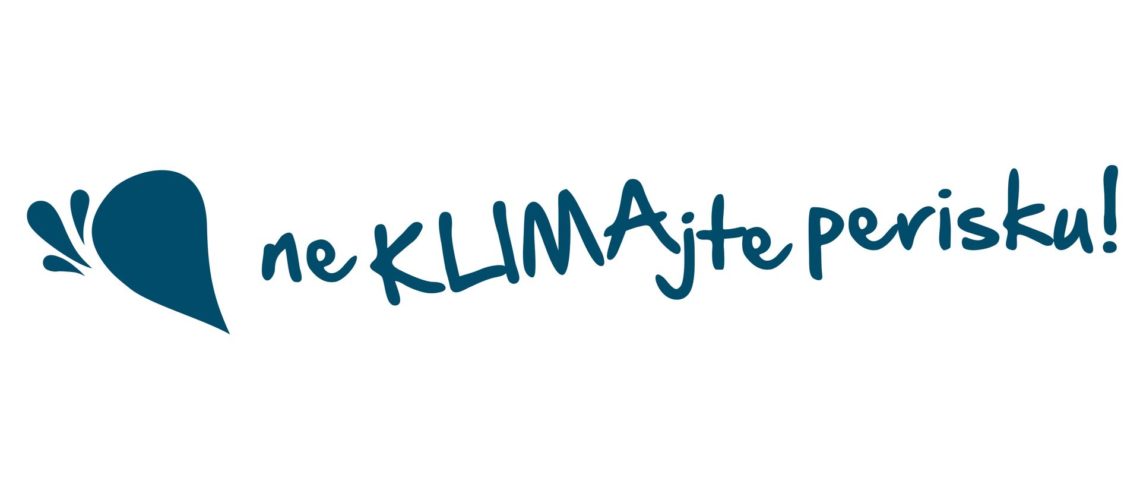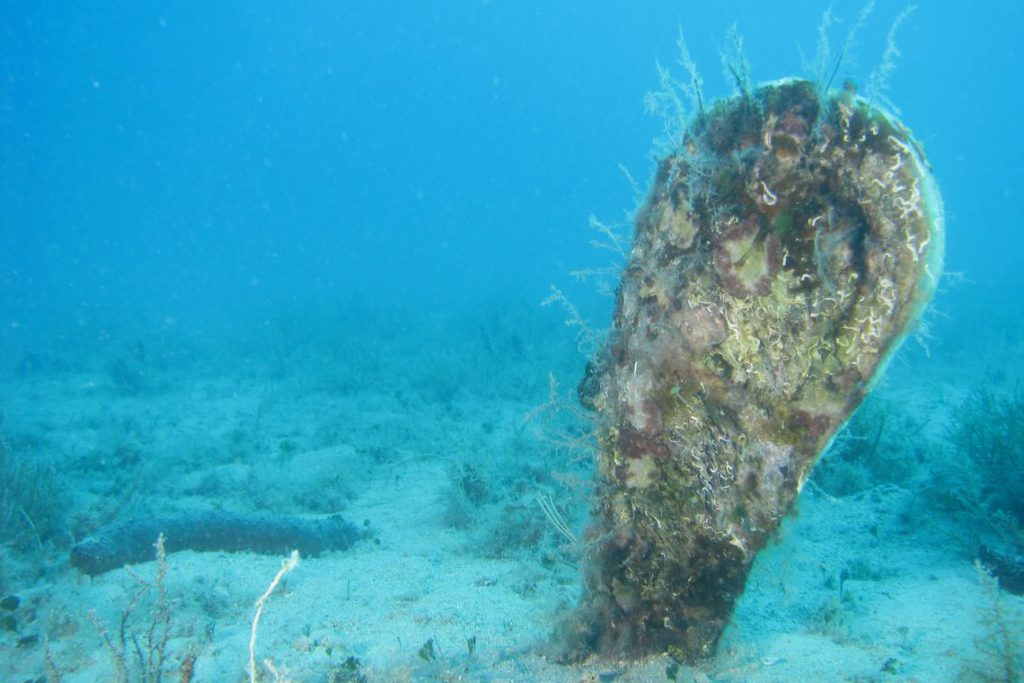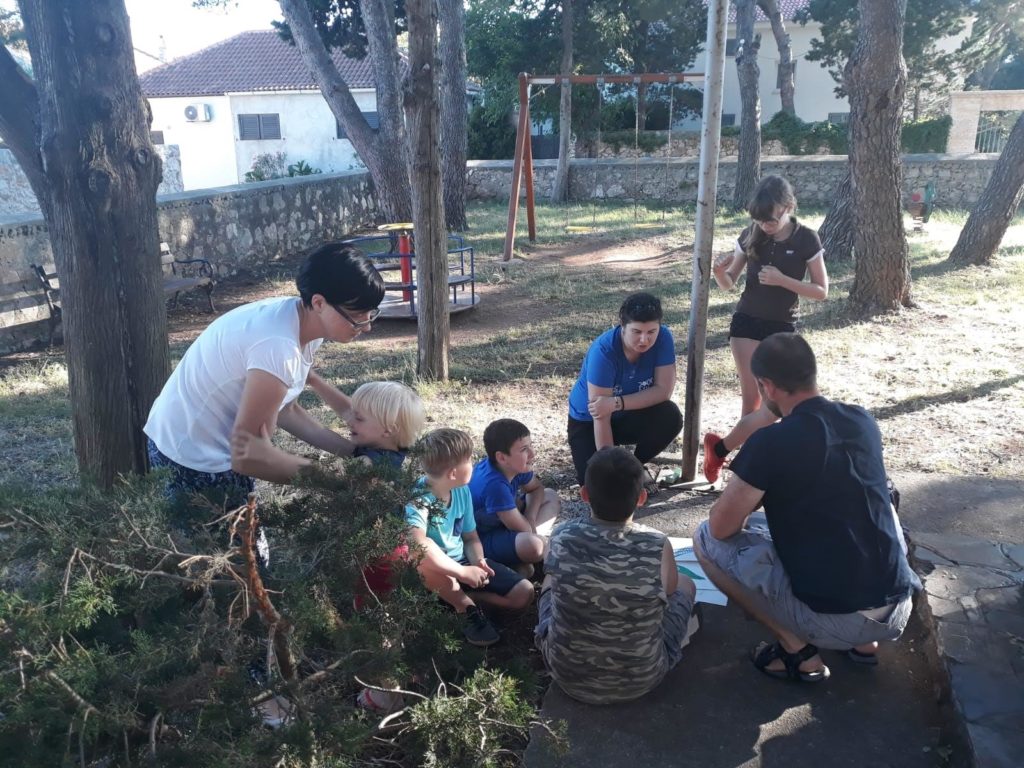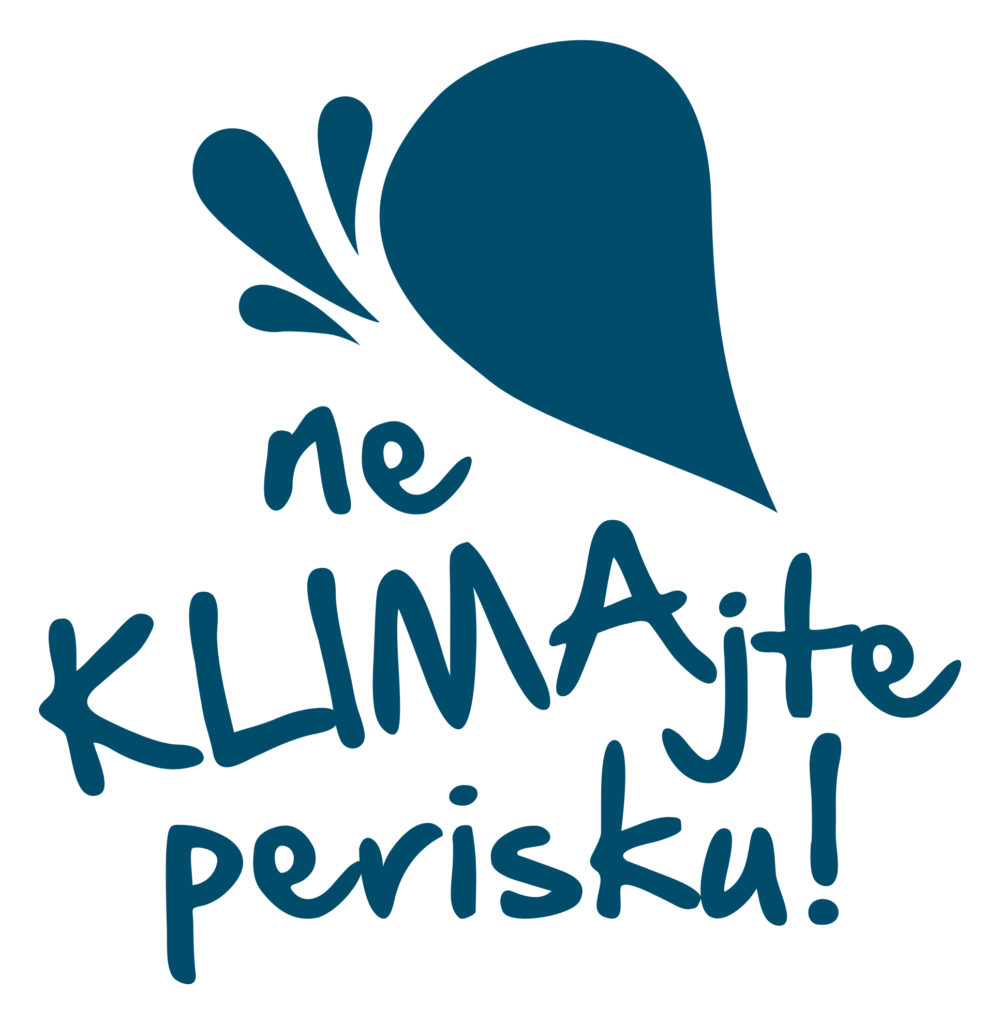
The noble pen shell is endemic and the largest shellfish in the Mediterranean and can grow up to 120 cm in height. It is widespread throughout the Adriatic on the sedimentary bottom of shallow coastal areas, and many of us know it by different names: lostura, loščura, palastura. The ecological role of this species is extremely important because it filters and retains large amounts of organic matter from suspended detritus, which contributes to increasing the transparency of seawater. In addition, it provides a hard base for colonization in soft seabed areas by numerous algae, sponges, polychaetes, mosses and other invertebrates. Therefore, on the feathers we often see a great wealth of life of colorful organisms. It is sensitive to extreme pollution, many individuals are killed due to anchoring, and illegal extraction of individuals is still present.


It is protected by the Nature Protection Act, and is in Annex 1 of the Ordinance on Strictly Protected Species. This bivalve is subject to strict protection under the EU Habitats Directive and is considered an endangered species under the protocols of the Barcelona Convention.
In 2016, the first massive death of noble pen shell was recorded in the Mediterranean on the east coast of Spain. The mortality rate at most locations exceeds 90% and it is still unknown how the parasite spreads and what the extent of parasitosis is in the Mediterranean. With the revaluation of the Red List, the IUCN declared this species critically endangered (CE). The connection between parasitosis on other shellfish species of parasites of the same genus and climate change on the marine ecosystem has been scientifically confirmed (higher winter temperatures, increased salinity of microlocations due to droughts, …). This imposing shellfish and the current unfavorable situation in the Mediterranean have served as an example and a powerful tool for him in educating how climate change affects us all. Numerous studies and strategic and planning documents of the Republic of Croatia mainly deal with climate change and its manifestations on land, but little is related to changes in the sea, and many citizens still do not understand what to do or how to adapt and mitigate such a situation. The importance of education and prevention, ie the importance of reducing the risk of disasters, is one of the recommendations on how civil society organizations should be involved, especially in the education of the younger generations. All this data identified a problem for us: a lack of research and a lack of knowledge about climate change, especially those manifested in changes in the marine ecosystem – problems in which we want to participate – both otherwise and through this project!
The activities of this educational-research project were focused on climate change that affects the marine ecosystem and the current visible consequences on important marine organisms. A strictly protected species, the noble periwinkle, has been the subject of our research and a model organism to explain the negative effects that climate change can have on marine life. One of them is the current problem – mass extinction due to the spread of perisha parasites. Although the mode of spread is unknown, the exceptional stress on individuals, which is partly sampled by the increase in average sea temperature and acidification, certainly contributes to the extinction of a large number of individuals of this bivalve. Through communication with citizens directly and indirectly through the media, our goal was to acquaint the public with these and similar problems that the marine ecosystem, but we ourselves are facing. We have provided knowledge, advice and recommendations on what each of us can do to be able to recognize, reduce and adapt to climate change.

As part of this project, we have dedicated ourselves to this burning issue and research on the island of Silba. Research activities of this project included snorkeling and SCUBA diving in the seabed of Silba and Silbanski reefs in search of individuals of noble pen shell, and we georeferenced each individual and established its status (alive or dead). At locations where an increased number of individuals was recorded, shellfish were re-examined to determine whether increased mortality was occurring. Although at the beginning of the study the population in the study area did not show signs of disease and increased mortality, in the autumn months it was still noticed.
During this project, the activities of this project were shared with the professional and scientific community in Croatia, as well as in the Mediterranean, and the recorded death in Silba is currently among the northernmost points where the death has been recorded so far in the Adriatic.

It is important to educate younger ages about such phenomena. Therefore, through the workshop and incidental communication, we educated younger ages about this strictly protected species. With this project, they are introduced to what these strictly protected species are, why they are protected and what they can do to “actively” protect them. As their knowledge and example of not disturbing and destroying both the living world on land and the one at sea, is the best education for “us seniors”. Always curious glances were present in each of our preparations for the dive and in each ascent. The biggest indicator of the success of this project is that rarely a resident and visitor of Silba does not know what a noble pen shell is and why it is threatened with extinction. Periska as an educational model, although with a sad story, perfectly portrayed how fragile our ecosystem is. Also, articles on the noble pen shell that included information about this project and our other research throughout educated the citizens of Croatia and neighboring countries, and the topic of the noble periwinkle death, which was potentially triggered by climate change, became a topic of discussion.
The research continues, and the goal is to locate the areas in Croatia where the individuals survived. It is certainly important to further explore and support research into the causes and triggers of such an event that has gripped the entire Mediterranean. It will also be aided by educational tools such as manuals that point to the problems that marine organisms and the ecosystem generally have to face. For this reason, the last activity of this project is also a manual for education on the connection between climate change and the marine ecosystem, symbolically called “Don’t AWAKE ME!” which will be available for free download on our website soon under “Publications”!
This project is co-financed with the support of the City of Zadar. The contents are the sole responsibility of the Company for 20,000 miles and can in no way be taken to reflect the views of the City of Zadar.

2025 © Marine Explorers Society 20.000 leagues. ALL Rights Reserved.
